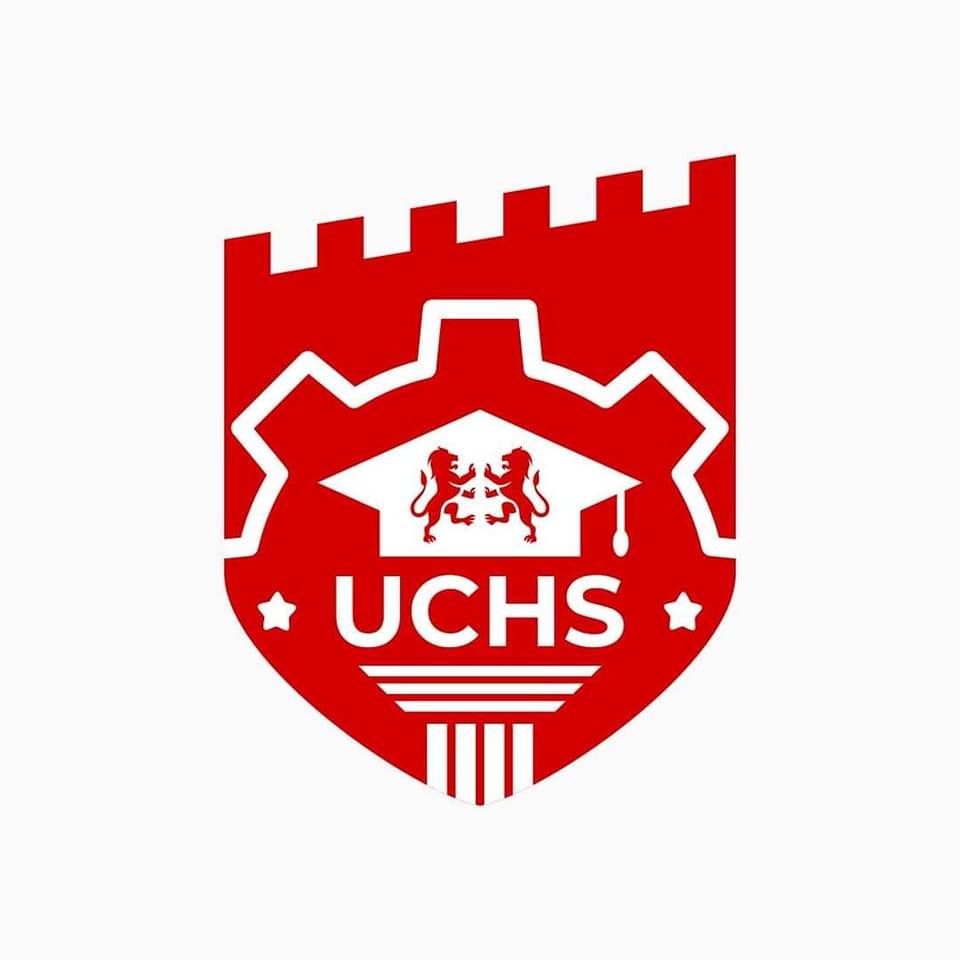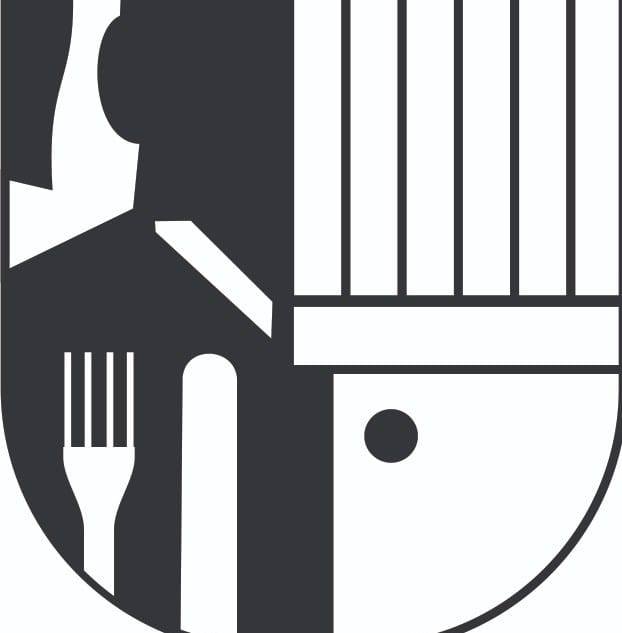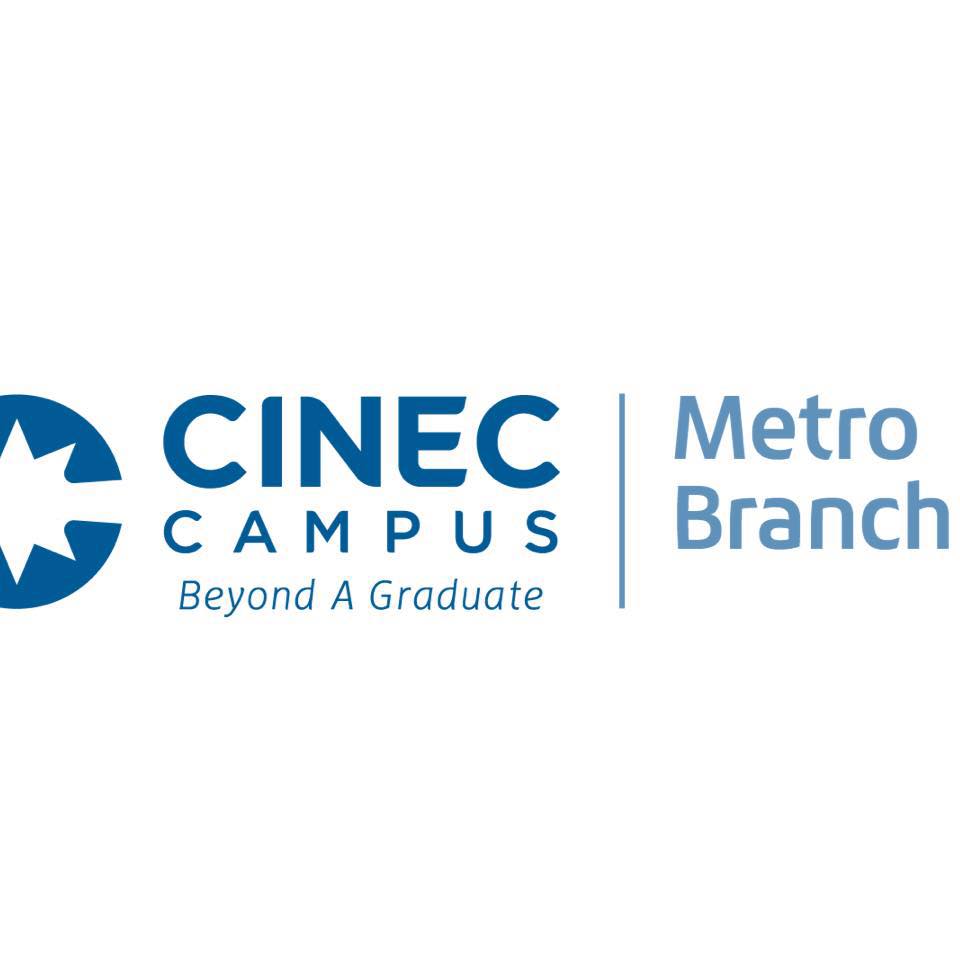professional qualification courses in sri lanka

professional qualification courses in sri lanka
Professional Qualification Courses in Sri Lanka
What are professional qualification courses in Sri Lanka?
Professional qualification courses in Sri Lanka are structured certification-based learning programs designed to build career-ready skills aligned with employer expectations. Unlike academic degrees that focus largely on theory, these qualifications are competency-driven and directly linked to specific professions such as accounting, HR, marketing, logistics, IT, engineering trades, hospitality, project management and teaching. They help school leavers, undergraduates, working professionals and career switchers gain credibility, employability and pathways to local or global recognition.
Why are professional qualifications important in the Sri Lankan job market?
Employers in Sri Lanka increasingly benchmark candidates not only by academic transcripts but also by job-linked certifications that demonstrate measurable capability. Professional qualifications fill the practical skills gap, support regulatory compliance in licensed roles, accelerate promotions, help career pivots without restarting a full degree and unlock regional or international mobility. In competitive hiring, candidates with a professional certification often rank higher because the risk of on-the-job training cost is lower.
Who should consider enrolling in a professional qualification course?
They suit multiple profiles:
- O/L or A/L completers who want a job-ready shortcut instead of a long degree route
- Undergraduates who want a parallel credential to stand out before graduation
- Working professionals seeking promotions, salary increments or role changes
- Entrepreneurs who need functional skills in finance, digital marketing, compliance or management;
- Migrant job seekers who require recognized documentation for visa or overseas employability.
What areas of study are popular for professional qualifications in Sri Lanka?
Highly demanded verticals include: accounting and finance certifications, supply chain and logistics, human resource management, project management, digital marketing and e-commerce, software development and cybersecurity, UI/UX and product design, office administration and secretarial practice, business analytics and data, English for business communication, culinary arts and hotel operations, manufacturing and quality systems, education and teaching methodology, health and safety compliance, corporate law and governance, and automotive or electrical trades aligned to NVQ frameworks.
How do these courses differ from traditional degrees?
Four structural differences define them:
1) Duration : shorter blocks from 3 months to 2 years versus 3-4 year degrees
2) Outcome : practice-first with measurable job tasks rather than abstract theory
3) Assessment : exams, portfolios, logbooks and competency audits instead of heavy thesis-only models
4) Recognition : mapped to industry standards, external boards or occupational frameworks, often stackable for global portability.
What is the general entry pathway for someone after O/L or A/L?
A typical ladder looks like:
(i) foundation or certificate stage to build fundamentals and employability literacy
(ii) diploma stage to convert fundamentals into task-level competencies
(iii) advanced diploma or professional part-qualified stage aligned to intermediate job roles
(iv) full professional or chartered status through final exams, viva or practical log evidence. Many frameworks allow lateral credit transfer into degree top-ups later.
Are these courses available in full-time, part-time or online modes in Sri Lanka?
All three exist. Weekend and evening formats dominate for employed learners. Online and blended modes expanded after the pandemic and continue as a primary channel because they reduce commute time, allow provincial learners to access metropolitan faculty and permit asynchronous revision. However, for trades, culinary, nursing support, technical lab or studio programs, in-person competency assessment remains compulsory.
How do students verify the credibility of a professional qualification without relying on institute reputations?
Evaluate the credential, not the brand. Ask: Is the syllabus mapped to a recognized occupational standard or global body? Does the certificate sit inside a published level framework (e.g. level-based taxonomy)? Does the assessment include proctored or external moderation? Is there a defined progression route to next tiers? Are learning outcomes written as measurable workplace behaviors? Are graduates demonstrably employed in roles linked to the title? Does the credential expire or require continuing professional development?
What is the typical duration and workload?
Short micro-credentials run 8-12 weeks with targeted deliverables. Diplomas typically span 6-12 months with modular exams and group assignments. Advanced or chartered ladders can run 18-36 months depending on attempt cycles, supervised practice or capstone submissions. Workload is usually 6-12 hours per week for part-time learners, rising during exam windows or portfolio deadlines.
What is the cost expectation and ROI reality?
Fees vary by level and domain. Entry certificates are the most affordable, with total exposure often below the cost of a semester in a degree. Mid-tier diplomas cost moderately, while full professional tracks cost more because of multiple exam sessions, supervision and external moderation. ROI is realized through time compression: learners enter the payroll faster, qualify for regulated roles earlier or unlock salary bands based on credential-linked pay grids. Over a 3-5 year horizon the return outpaces the initial subscription for most regulated or high-demand pathways.
Are professional qualifications accepted for migration and overseas employment?
Acceptance depends on three axes:
1) Whether the awarding body or standard is recognized by the destination country regulator
2) Whether the applicant can evidence supervised experience if the occupation is licensed
3) Whether the credential aligns to a skills shortage list or employer-validated job code. Some qualifications have published mutual recognition routes
others require bridging exams or workplace adaptation in the destination.
Can learners stack a professional qualification into a degree later?
Many frameworks support stackability. Credit transfer is possible where the learning outcomes and assessment rigor map cleanly to academic modules. Some ladders offer explicit articulation: completion of a diploma or professional part-stage grants entry to a degree top-up or cuts semesters. Stackability is strongest when the credential has published descriptors, external moderation and level alignment.
What skills beyond technical knowledge do these courses develop?
Most professional syllabi embed power skills such as structured communication, analytical reasoning, stakeholder reporting, client handling, documentation discipline, decision framing, presentation, teamwork and ethical practice. Assessment formats like case simulations and portfolios force evidence of applied judgment, which upgrades workplace readiness beyond raw knowledge.
How should a learner choose the right professional qualification track?
Anchor the choice on four filters:
1) Destination job title - start from the job description backward
2) Evidence of demand - review vacancy volume, salary bands and replacement rates in that function
3) Standard alignment - prefer credentials mapped to an external body or level system
4) Progression visibility - confirm that the path does not dead-end and can stack into higher credentials or degrees. A decision made from job-first logic is more durable than brand-first instincts.
What are the common myths about professional qualifications in Sri Lanka?
Three myths distort decisions:
(i) “Only degrees matter” - disproven by hiring filters that prioritize applied skill
(ii) “Professional exams are too hard” - difficulty is structured, not arbitrary; learners who follow sequence and sit early attempts perform well
(iii) “You must attend a big physical campus” - online and blended pathways now meet moderation rules and produce equivalent completion outcomes. Another myth is that these credentials restrict you to one niche; in reality many are portable across sectors.
How do professional qualifications support entrepreneurs and freelancers?
Entrepreneurs use them to reduce external dependence for finance tracking, compliance, marketing funnels, contracts, procurement or HR. Freelancers leverage them to justify premium pricing, signal trust to clients, win platform bids and reduce time-to-close in proposals. Certification also disciplines delivery with process control, reducing failure cost.
What does long-term career growth look like for those who commit to professional ladders?
Long-arc returns compound because each stage deepens both price power and risk tolerance. Early stages open entry-level employability. Mid-stages unlock supervisory authority, audit responsibility or client ownership. Terminal stages confer signatory rights, board-relevant credibility or cross-border mobility. Combined with continuous professional development, these ladders create a durable moat in recessions because certified competence is harder to replace than generic labor.
What final advice should a first-time learner consider before enrolling?
Decide with the end in mind. Read job descriptions, not advertisements. Audit your weekly time budget realistically. Choose a credential with visible next steps and external moderation. Treat the course not as a classroom event but as a career instrument - track your evidence of competence while you study. Sit assessments early before inertia accumulates. Align each module to a use-case at work or in a portfolio to convert learning into visible career capital. If approached with intent, professional qualifications in Sri Lanka are not merely certificates - they are engineered accelerators for occupational mobility, credibility and income resilience.
Explore more Professional Courses in Sri Lanka
Click here to find PMP Courses in Sri Lanka
Click here to find Project Management Courses in Sri Lanka
Click here to find CIMA Classes in Sri Lanka
Click here to find ACCA Course in Sri Lanka
Click here to find AAT Courses in Sri Lanka
Click here to find AAT classes in Sri Lanka
Click here to find NDT Courses in Sri Lanka
Click here to find Quality Management Courses in Sri Lanka
Click here to find Procurement Courses in Sri Lanka
Click here to find Teaching Knowledge Test (TKT) courses
Click here to find British Council Sri Lanka English Courses
Click here to find TEFL Courses in Sri Lanka
Find Private Universities in Sri Lanka to start your future course today
Visit this link for accurate information on courses in Sri Lanka and additional details about the institutes.
Feel free to let us know if you need any more details! or visit studyway.lk for more details
Call 0117662626




























